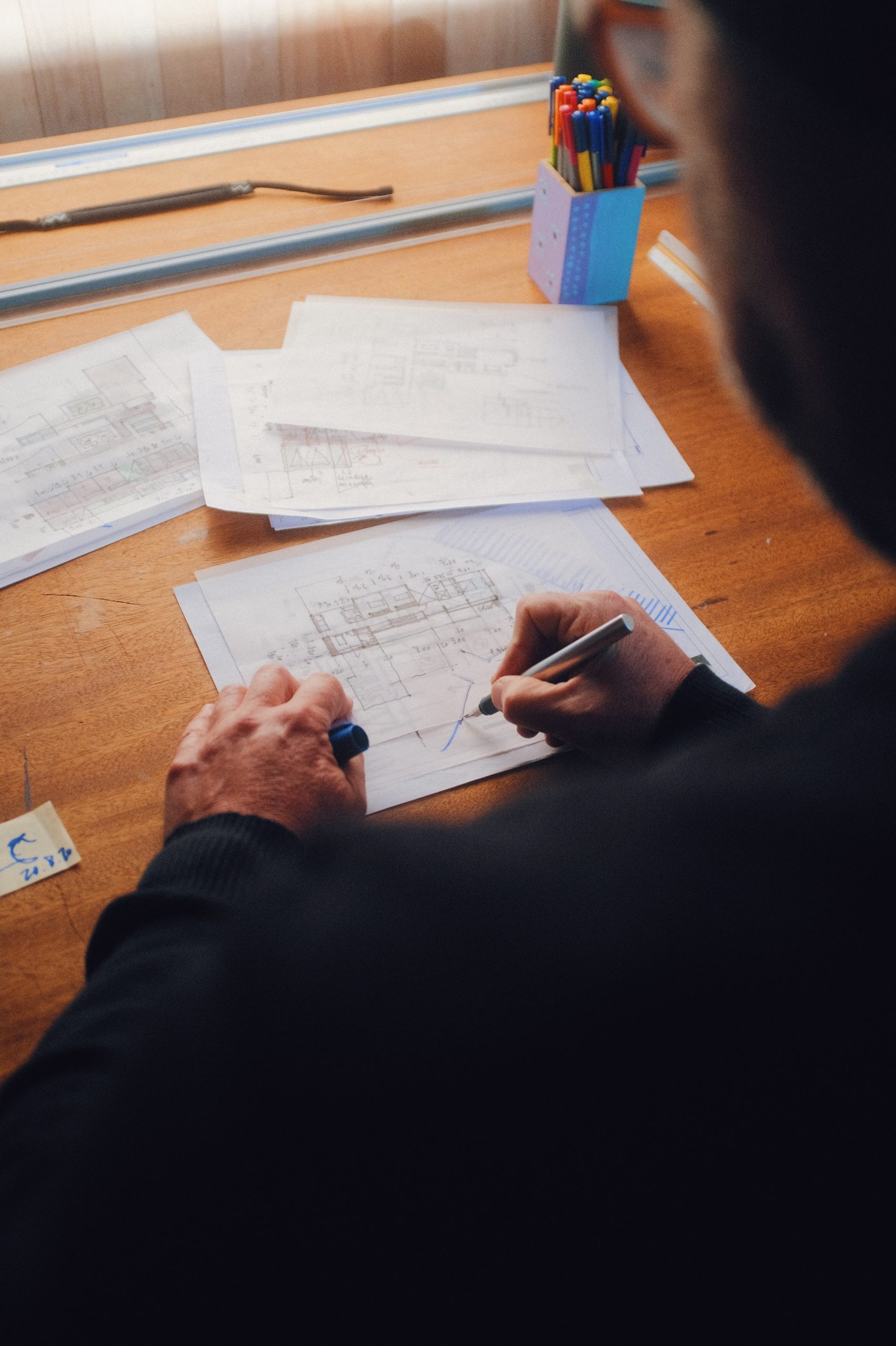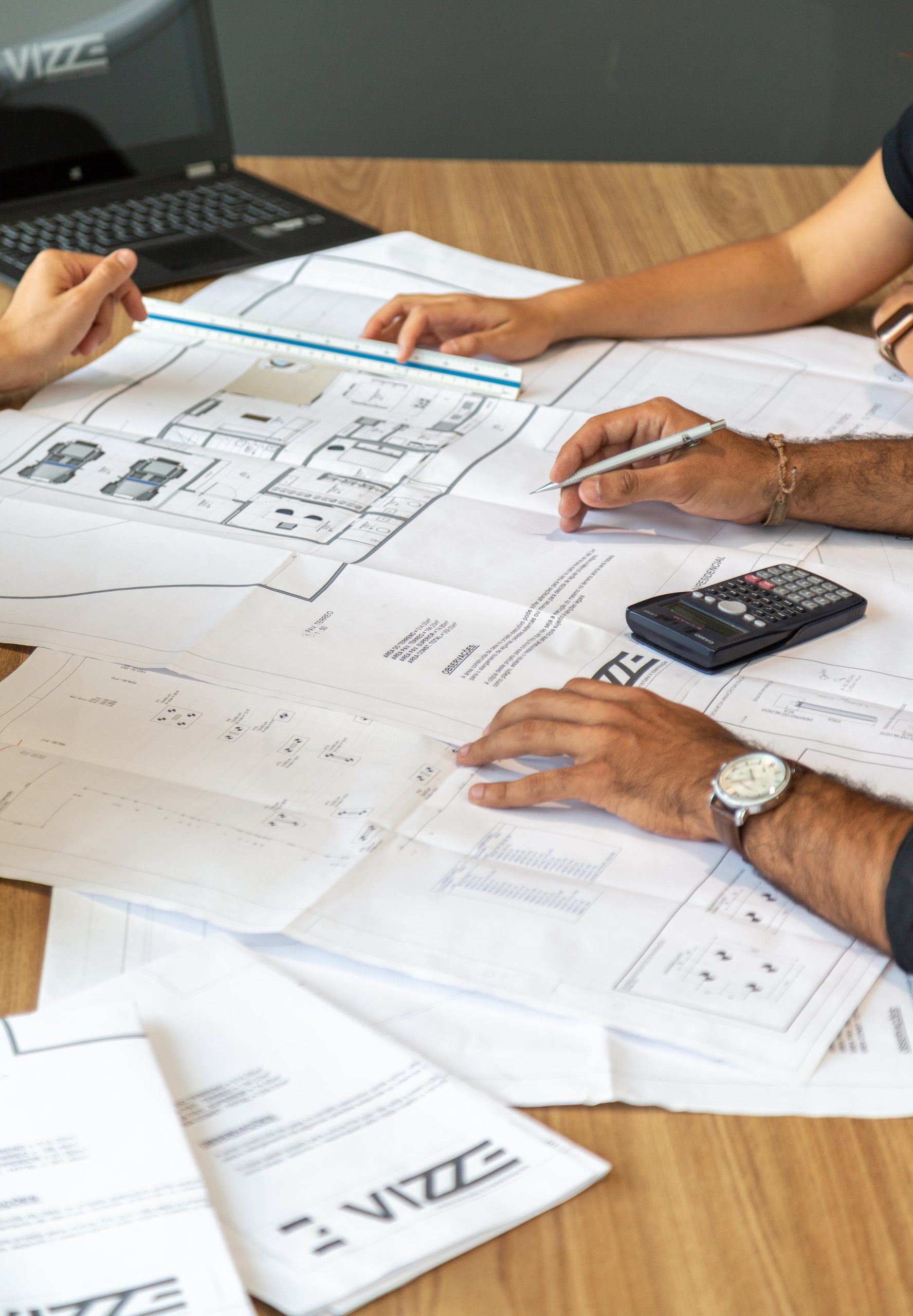Finding a house that suits your taste and planning renovations are interesting. Choosing a house to renovate offers you a wide range of possibilities for personalization, both inside (extensions, rearrangement of rooms and other spaces) and outside, not to mention bringing it up to standard. But this requires certain precautions on the part of the buyer. There are guidelines and obligations to which he must adhere.
You have to estimate the cost of the renovation and comply with the administrative requirements regarding the urbanization legislation and the required standards. Once the estimate is done, you have to think about finding a reliable building material supplier who can provide you with quality materials. You have every right to do so. You must proceed in stages.
Evaluate the scope of the work to be done

Check the overall condition of the house to find out at least four things:
-
- Is the house worth the asking price?
-
- What renovations are urgent or less urgent, complex or less complex (that you can do yourself)?
-
- Is the cost of the work to be done right for you?
-
- What are the obligations regarding the required standards?
This step is mandatory before buying the house to make sure that the cost and the expenses generated by the renovation do not exceed the budget you have planned. You can plan to do some of the work yourself. But the best thing to do would be to ask for the help of professionals (an architect, real estate coach, or other specialists) who will be able to find the smallest flaws that could affect the renovation budget. You can also use an online work simulator. In this way, you will be able to estimate the cost of the work at best and for free.
Make a checklist of the work to be done
Having a checklist is very practical. It allows you to be well organized for the renovation work. Before the work is done, you can write down all the tasks in chronological order, classifying them by importance. During the execution of the work, you can be sure that all the work is done properly and in order. For the reception of the work, it is an effective control tool to not forget anything and to check each realization.
Some points to check
-
- The facade and the exterior: what work needs to be done (repairing cracks, painting, etc.)? Are there any outdoor arrangements to be made (garden, pool, etc.)?
-
- Electrical installations: do the sockets and switches work well? Is the distance between the electrical installations and the water points respected?
-
- Plumbing and sewage disposal: do the taps work well? Are there no leaks?
-
- The heating: does it work well?
-
- Doors, windows: are they tight? Do the locks work well? Are you well insulated from noise with the doors and/or windows closed?
-
- Ceilings and walls: are there any holes inside? Are there any traces of humidity? Are the sound and heat insulation good?
-
- The roof: how are the frames? Is there any water infiltration? Is the zinc work in good condition (waterproofing of the gutters)?
-
- The materials: do you have everything you need?
The list is open; you can refer to the document of the renovation specialist to not forget anything.
Taking care of the administrative formalities

For the administrative formalities with the town hall, find out about the nature of the obligations or possible restrictions: facade renovation and connection to the city sewers…
You need a building permit for the renovation. But for small modifications, a simple prior declaration will suffice. Ask the city hall for the authorization you will need.
Sound off in the comments section below, and tell us what you want to read next and if you want to read more about renovating a home.


